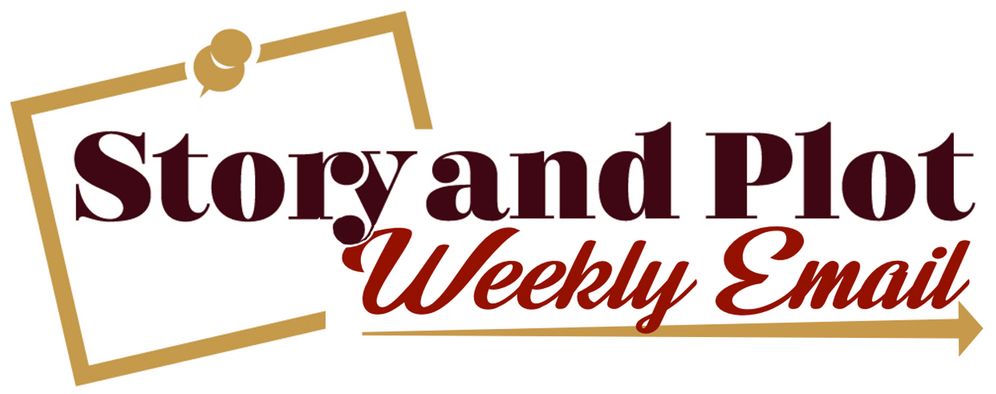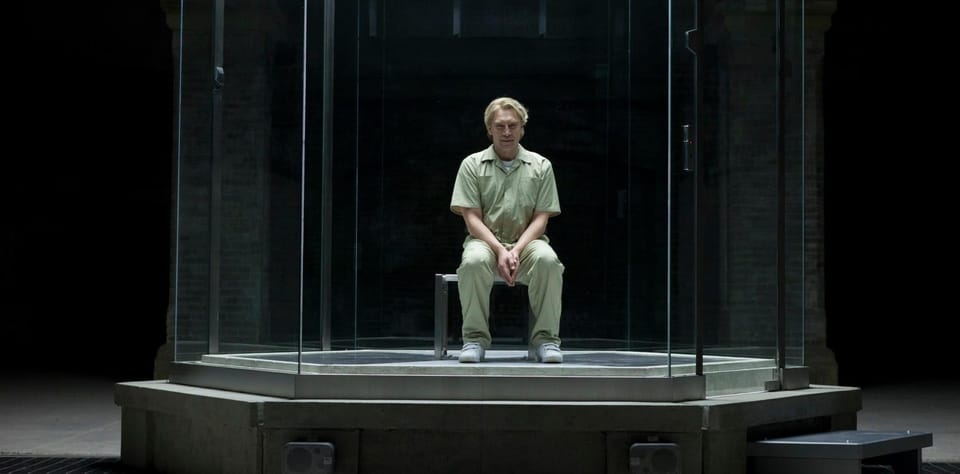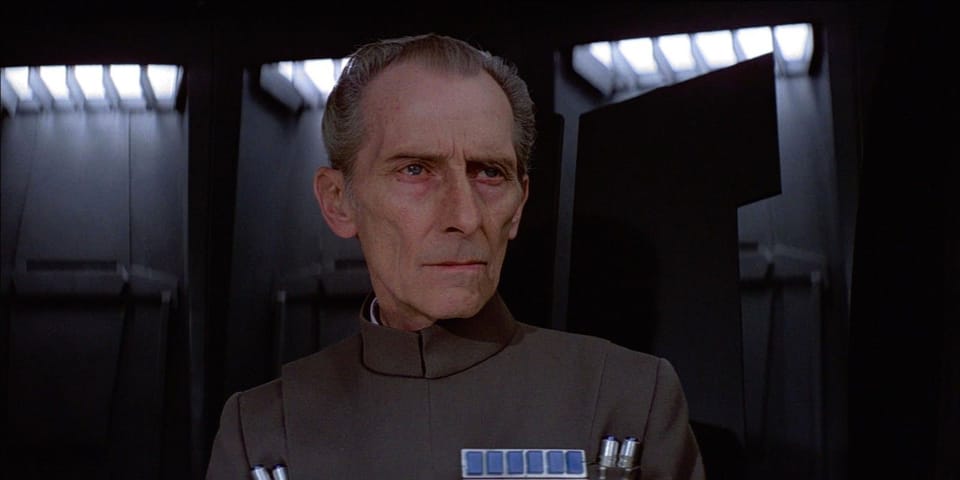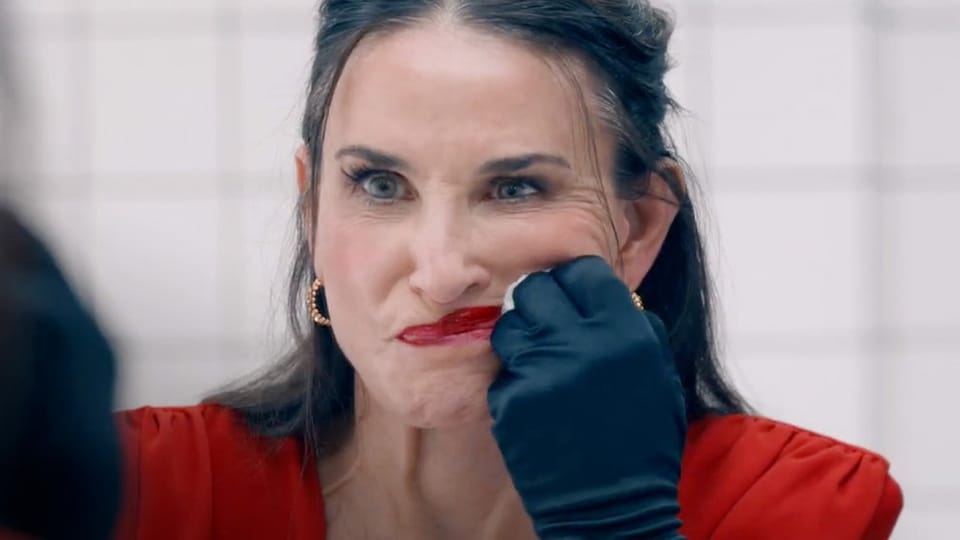An option for midpoint problems
A big bottle-neck for many as they first try to structure their story is the midpoint. This is often the third big structural decision I make on a project. I credit realizing the importance of the midpoint as one of my first big breakthroughs toward being a professional.

The Story and Plot Weekly Email is published every Tuesday morning. Don't miss another one.
A big bottle-neck for many as they first try to structure their story is the midpoint. This is often the third big structural decision I make on a project. I credit realizing the importance of the midpoint as one of my first big breakthroughs toward being a professional. My work improved dramatically after that, so I give it pretty good weight in my courses.
Why is the midpoint so important? First, it’s the launch pad for second-half momentum. That’s huge in itself. Next, the midpoint gives you a clear direction for sequence six before the third act. We are always fighting the battle with infinite choices that freeze us up, so anything that defies natural law by reducing infinity by half is some very cool witchcraft.
I personally have a few requirements for the midpoint. 1) It should be related to the dramatic question. 2) It should feel like a victory or a defeat. 3) The protagonist needs to care about that victory or defeat. That is, it should evoke an emotional reaction from the protagonist and the audience.
Keep in mind, many films have managed to work without a great midpoint. I just find that it makes your job much easier if you have one. When possible, always make choices that make your job easier. Good structure can release you from the burden of being a genius on every page, and still deliver a great script.
It’s wonderful when a great midpoint presents itself without too much trouble, so don’t look a gift horse in a mouth if that happens. If it works, commit to it.
But if you do struggle with the midpoint, and you’re not sure which direction to go, here is one strategy among many to explore:
Give the hero what they want.
Just give it to them. Let them face their adversary and let them get wrecked. Maybe they even beat them! If they want success, give them all the success they can handle, but it makes everything worse. If they want to solve a case, let them solve it.
And then explore what happens next.
In SKYFALL, Bond captures the villain Silva, only to learn later that was Silva’s plan all along. In one of my favorite film noirs LA CONFIDENTIAL, they “solve” the case at the midpoint and get all the rewards they wanted for it. But something keeps gnawing at them that they have the wrong guys.
In RATATOUILLE, Remy and Linguini become the toast of the town as hugely successful chefs! This is exactly what they wanted. But it makes everything more difficult, not less.
Let the protagonist get a glimpse of what they think they want. Are they ready for it? Do they run from it? Is it just a failure? Does it make everything worse? Is the thing they thought they wanted not everything they hoped it would be?
One of my favorite examples of a protagonist getting what they think they want is an 80s teen film MY BODYGUARD. At the midpoint, the hero and his friend humiliate and defeat the high school bully. The antagonist (a fantastic Matt Dillion) completely disappears from the movie. What is normally “bad guys close in” is instead a very positive, growing friendship. No bad guys at all. Just good vibes. They build a little happy inner circle of friends at the high school until… The antagonist comes back! Right into Act 3. It’s even more grueling because you forgot about this guy! And he’s back to ruin everything they spent Act 2B building!
So, if the midpoint is giving you trouble, explore this option. Just give the protagonist what they think they want!
And then, as always, punish them for it.
The Story and Plot Weekly Email is published every Tuesday morning. Don't miss another one.
When you're ready, these are ways I can help you:
WORK WITH ME 1:1
1-on-1 Coaching | Screenplay Consultation
TAKE A COURSE
Mastering Structure | Idea To Outline




